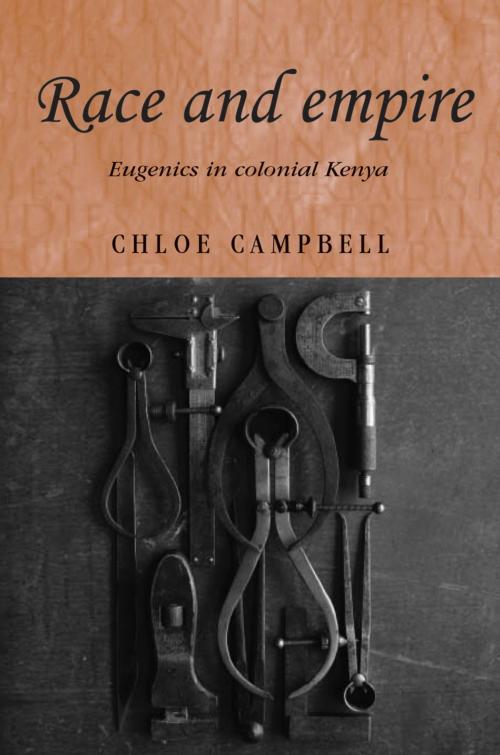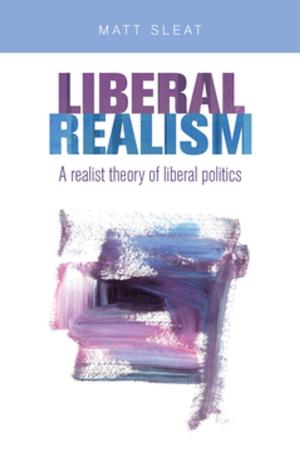| Author: | Chloe Campbell | ISBN: | 9781847796318 |
| Publisher: | Manchester University Press | Publication: | July 19, 2013 |
| Imprint: | Manchester University Press | Language: | English |
| Author: | Chloe Campbell |
| ISBN: | 9781847796318 |
| Publisher: | Manchester University Press |
| Publication: | July 19, 2013 |
| Imprint: | Manchester University Press |
| Language: | English |
Race and empire tells the story of a short-lived but vehement eugenics movement that emerged among a group of Europeans in Kenya in the 1930s, unleashing a set of writings on racial differences in intelligence more extreme than that emanating from any other British colony in the twentieth century. The Kenyan eugenics movement of the 1930s adapted British ideas to the colonial environment: in all its extremity, Kenyan eugenics was not simply a bizarre and embarrassing colonial mutation, as it was later dismissed, but a logical extension of British eugenics in a colonial context. By tracing the history of eugenic thought in Kenya, the books shows how the movement took on a distinctive colonial character, driven by settler political preoccupations and reacting to increasingly outspoken African demands for better, and more independent, education. The economic fragility of Kenya in the early 1930s made the eugenicists particularly dependent on British financial support. Ultimately, the suspicious response of the Colonial Office and the Prime Minister, Ramsay MacDonald, backed up by a growing expert concern about race in science, led to the failure of Kenyan eugenics to gain the necessary British backing. Despite this lack of concrete success, eugenic theories on race and intelligence were widely supported by the medical profession in Kenya, as well as powerful members of the official and non-official European settler population. The long-term failures of the eugenics movement should not blind us to its influence among the social and administrative elite of colonial Kenya. Through a close examination of attitudes towards race and intelligence in a British colony, Race and empire reveals how eugenics was central to colonial racial theories before World War Two.
Race and empire tells the story of a short-lived but vehement eugenics movement that emerged among a group of Europeans in Kenya in the 1930s, unleashing a set of writings on racial differences in intelligence more extreme than that emanating from any other British colony in the twentieth century. The Kenyan eugenics movement of the 1930s adapted British ideas to the colonial environment: in all its extremity, Kenyan eugenics was not simply a bizarre and embarrassing colonial mutation, as it was later dismissed, but a logical extension of British eugenics in a colonial context. By tracing the history of eugenic thought in Kenya, the books shows how the movement took on a distinctive colonial character, driven by settler political preoccupations and reacting to increasingly outspoken African demands for better, and more independent, education. The economic fragility of Kenya in the early 1930s made the eugenicists particularly dependent on British financial support. Ultimately, the suspicious response of the Colonial Office and the Prime Minister, Ramsay MacDonald, backed up by a growing expert concern about race in science, led to the failure of Kenyan eugenics to gain the necessary British backing. Despite this lack of concrete success, eugenic theories on race and intelligence were widely supported by the medical profession in Kenya, as well as powerful members of the official and non-official European settler population. The long-term failures of the eugenics movement should not blind us to its influence among the social and administrative elite of colonial Kenya. Through a close examination of attitudes towards race and intelligence in a British colony, Race and empire reveals how eugenics was central to colonial racial theories before World War Two.















